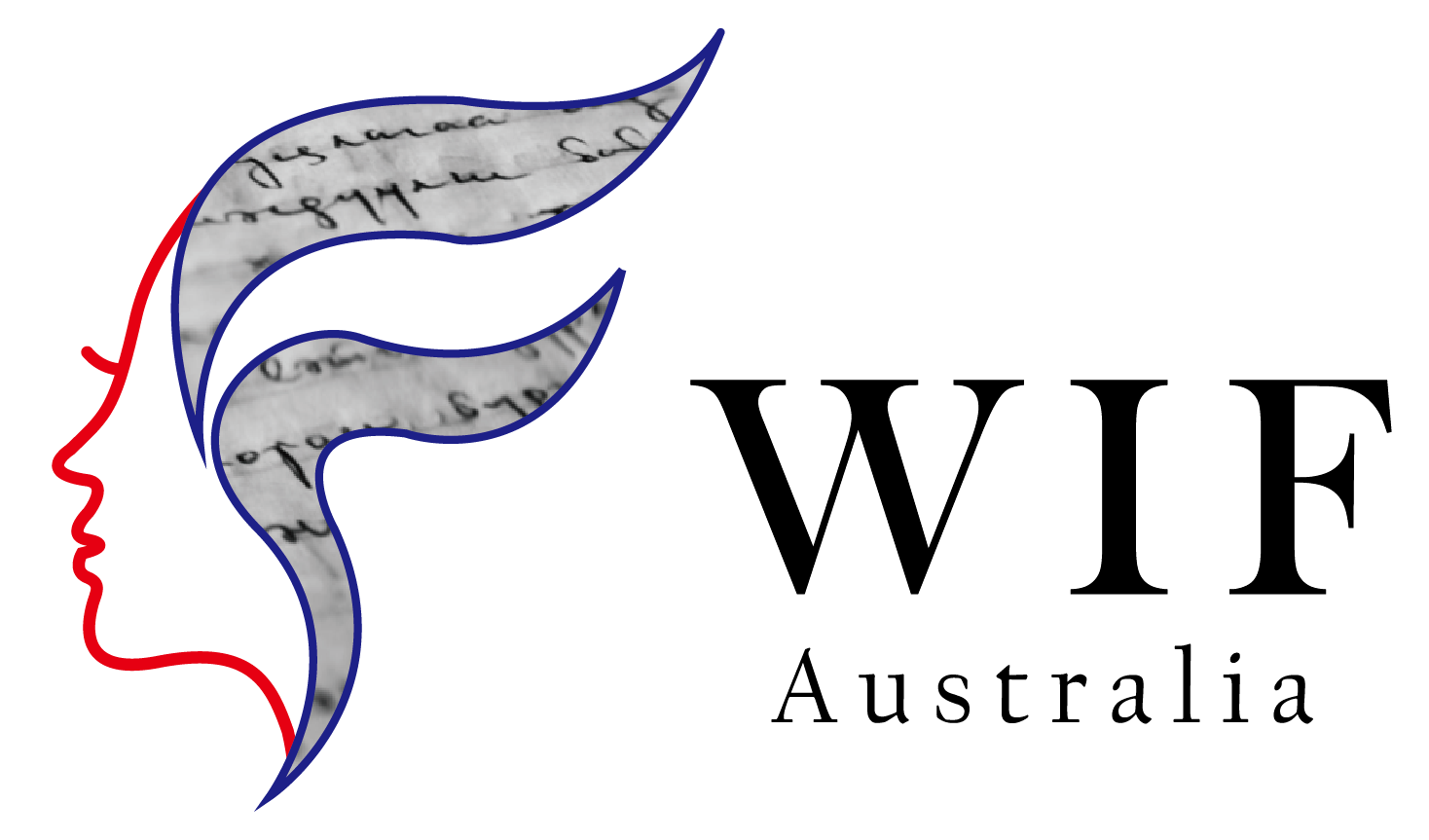Organiser: Tamzin Elliott (tamzin.l.elliott@durham.ac.uk).
From waves of feminism and the vague MeToo, socialist feminist periodical La Vague (1918-1937) and the creation of La Déferlante (2021-), wave imagery and the transformative aspect of waves have long been associated with feminism in francophone cultures. As historian Bibia Pavard observes: “La vague, dans l’imaginaire politique, évoque la puissance d’un mouvement qui balaye l’ensemble de la société pour la transformer en profondeur.” (2018) Whilst the wave metaphor has at times proved contentious in reference to feminism – championed by those declaring a fourth wave of feminism in France from 2008 onwards (Schaal, 2017; 2020) and criticised for presenting feminism as a story of homogenous and isolated generations contradicting one another (Atack et al., 2019) – Kathleen Laughlin remarks that in reality “it is hard to separate one wave from another […]. They are continuous and multiple.” (2010, p.87). These continuous, intersecting relationships between waves and womanhood can be observed in many settings across francophone cultures, such as Fatou Diome’s beloved Le Ventre de l’Atlantique (2003), which uses water as a backdrop to address questions of racism and migration; the climate crisis has recently centred our attention on treacherous migratory crossings, rising sea levels, and dangerous heatwaves, waves which disproportionately and negatively affect women. Journalists Esther Brejon (2020), Elodie Potente (2020) and Mélissa Adrianasolo (2021) have taken to the airwaves to challenge the representation of women and Black creators in the arts, encouraging listeners to reckon with the problematic universalist approach to race and gender which dominates French politics.
This online seminar series seeks to explore the numerous ways in which women interact with waves in contemporary francophone cultures, and how this relationship is expressed in literature, film, art, and society. It will interrogate questions such as: for women, who have historically been encouraged to not make waves, what do their relationships to and interactions with waves look like in contemporary francophone cultures? How have francophone women engaged with waves in their lives and work, especially in the wake of la vague MeToo (Turchi, 2021; Lamy, 2022)? How do these relationships inform our understanding of contemporary womanhood? We welcome proposals highlighting the plurality of ebbing and flowing relationships that women have with waves, whether in reference to waves of feminist activism; women who go against the current in a literal and/or metaphorical sense; making waves in culture and society; women and their relationship to waves and/or watery bodies (of text); heatwaves and the climate crisis; or women on the airwaves in radio and podcast culture, among others.
Please send your proposals (250-300 words) for 20-minute presentations and any questions to the primary organiser Tamzin Elliott (tamzin.l.elliott@durham.ac.uk) by 17th November 2023, including in CC members of the WiF executive committee Beth Kearney (b.kearney@uq.edu.au) and Dominique Carlini Versini (dominique.carlini-versini@durham.ac.uk). We particularly welcome and encourage proposals from postgraduates and early-career researchers.
Works cited
Adrianasolo, Mélissa (presenter). La Couleur de l’art. La Clameur Social Podcast Club, 2021.
Atack, Margaret, et al. ‘1. Introduction: Making Waves’. Making Waves: French Feminisms and Their Legacies 1975-2015, edited by Margaret Atack et al. Liverpool University Press, 2019. https://doi.org/10.3828/liverpool/9781789620429.003.0001.
Brejon, Esther (presenter). Silence ! Elles tournent. Mouvement UP, 2020.
Diome, Fatou. Le Ventre de l’Atlantique. Éditions Anne Carrière, 2003.
La Déferlante. La revue des révolutions féministes. 2021-present.
Lamy, Rose. Moi aussi. MeToo au-delà du hashtag. Editions Lattes, 2022.
Laughlin, Kathleen A., et al. “Is It Time to Jump Ship? Historians Rethink the Waves Metaphor.” Feminist Formations, vol. 22, no. 1, 2010, pp. 76–135. JSTOR, http://www.jstor.org/stable/40835345.
La Vague. Hebdomadaire de combat, socialiste et féministe. 1918-1937.
Pavard, Bibia. « Faire naître et mourir les vagues : comment s’écrit l’histoire des féminismes ». Itinéraires. [Online] 2018 (2017-2 . Available at: http://journals.openedition.org/itineraires/3787 DOI : https://doi.org/10.4000/itineraires.3787
Potente, Élodie (presenter). Et si Banksy était une femme ?. 2020.
Schaal, Michèle. ‘Vers une quatrième vague féministe et littéraire’ in Une troisième vague féministe et littéraire : les femmes de lettres de la nouvelle génération. BRILL, 2017, p.283-93.
From actions to words: FEMEN’s fourth-wave manifestos. French Cultural Studies, 31(4), 2020, pp.329–341. https://doi.org/10.1177/0957155820961650
Turchi, Marine. Faute de preuves. Enquête sur la justice face aux révélations #MeToo. Editions Seuil, 2021.
